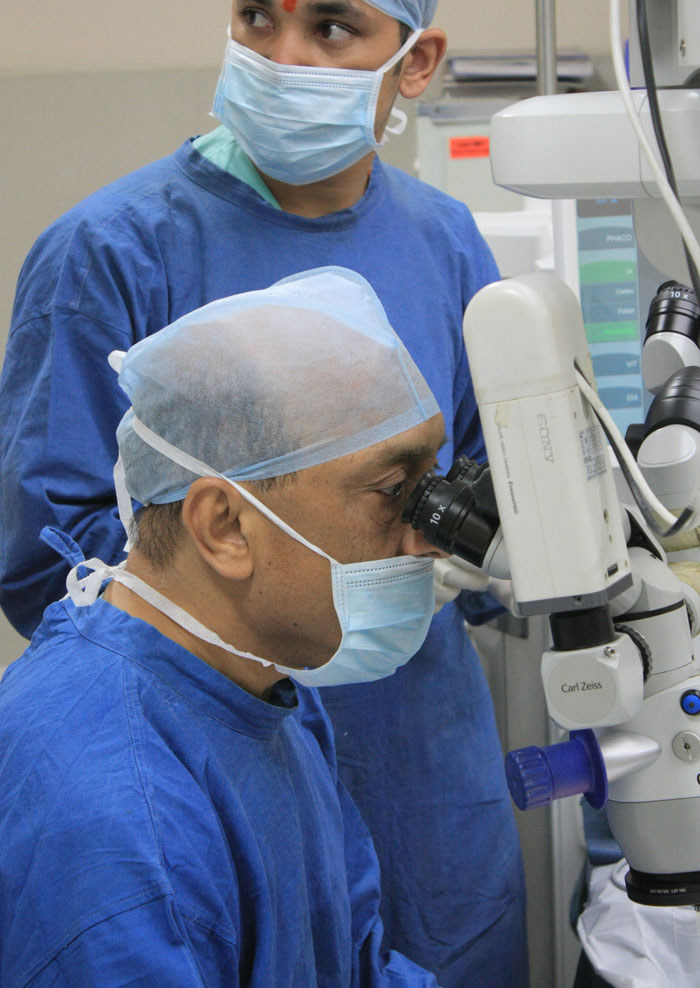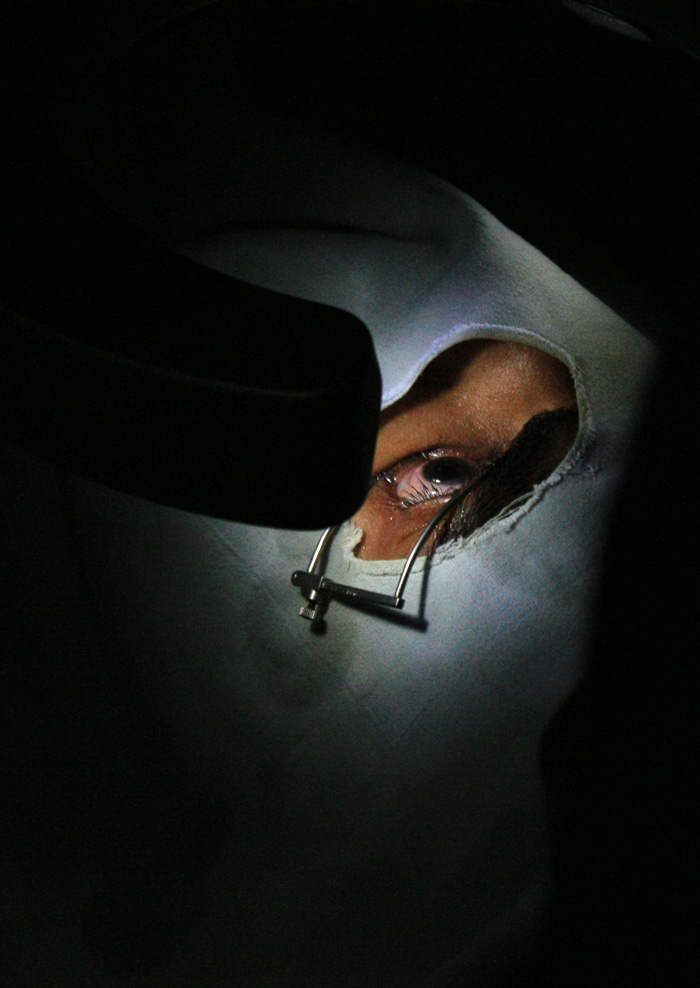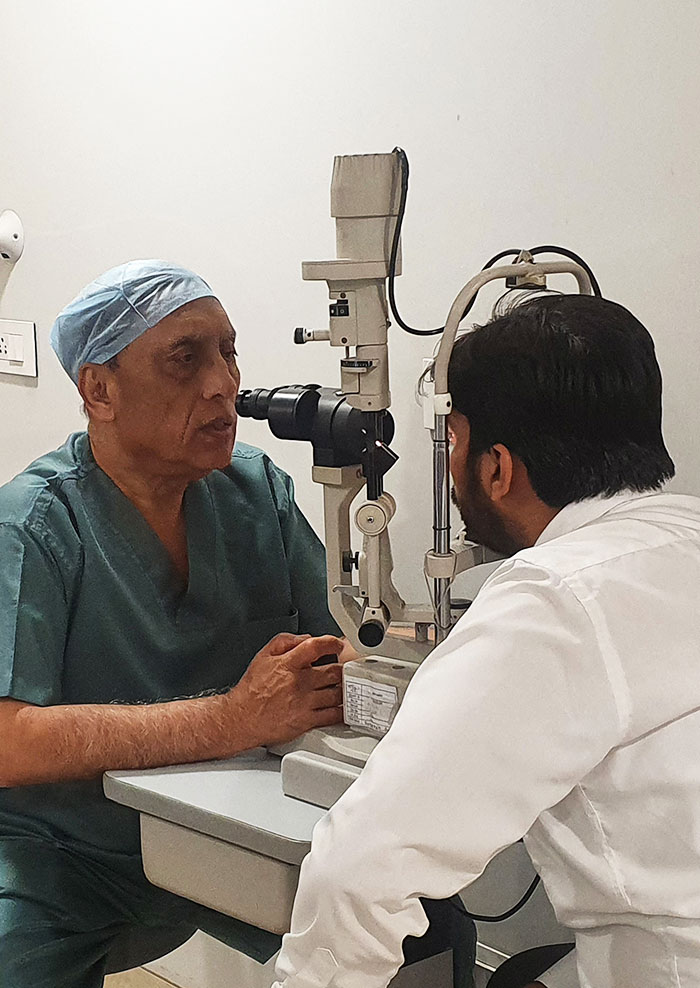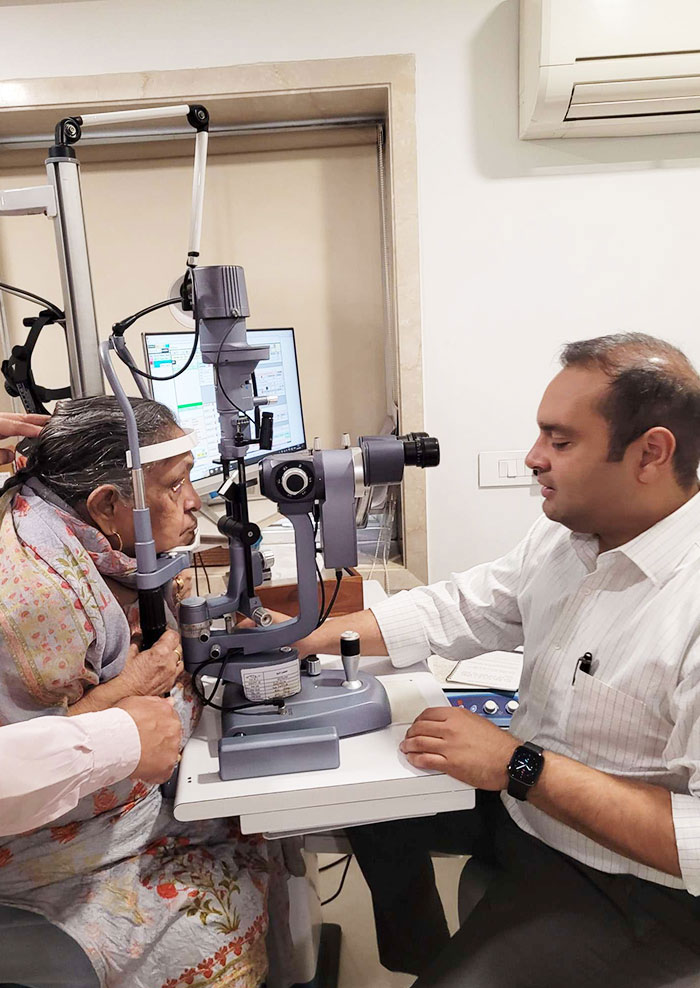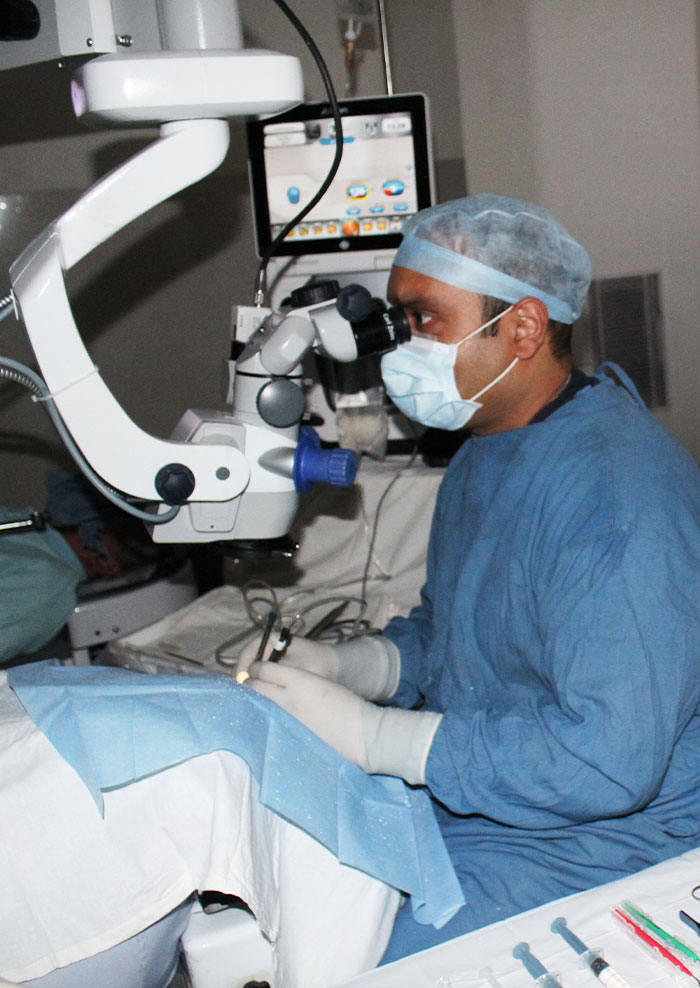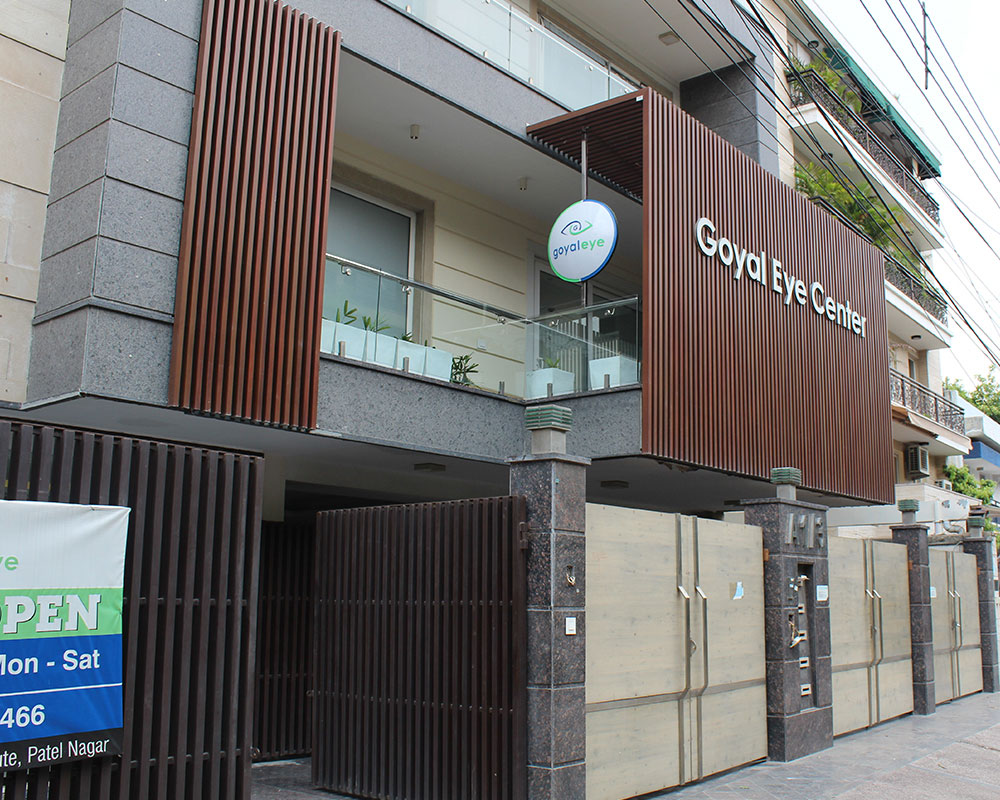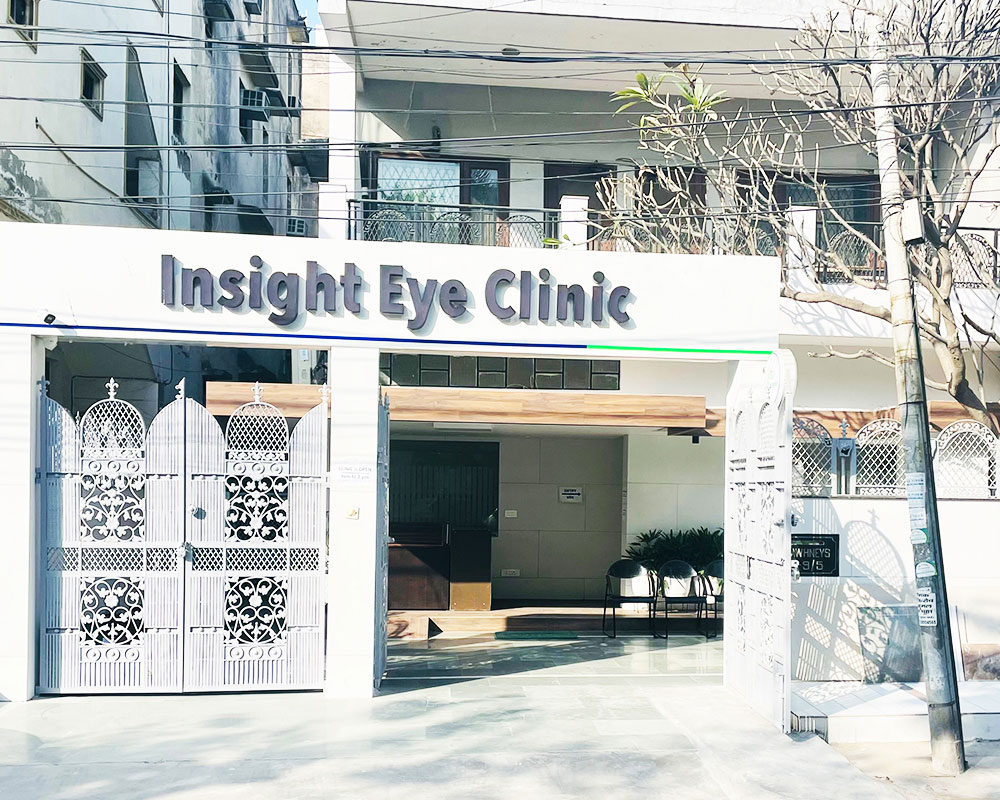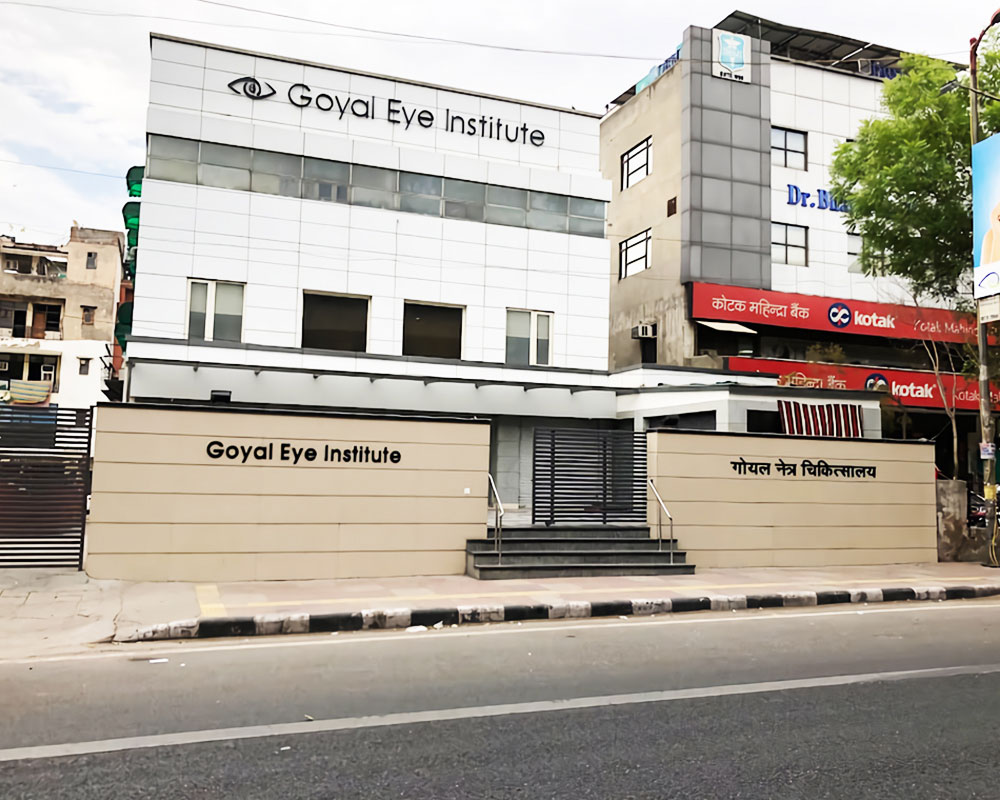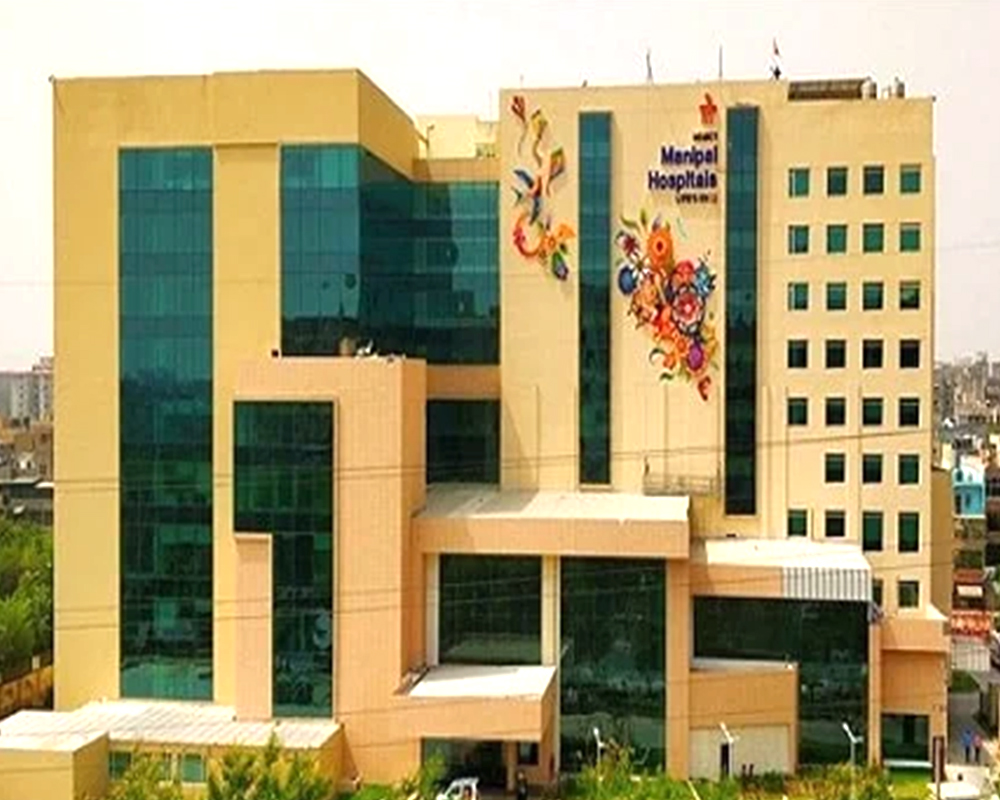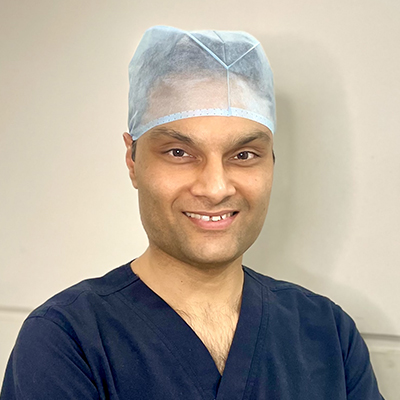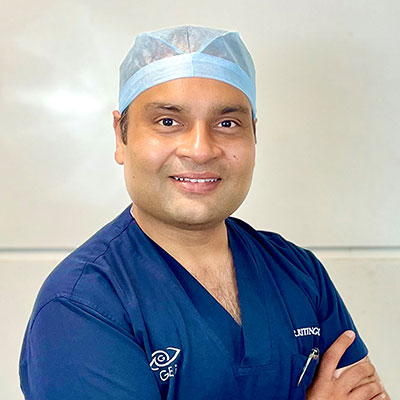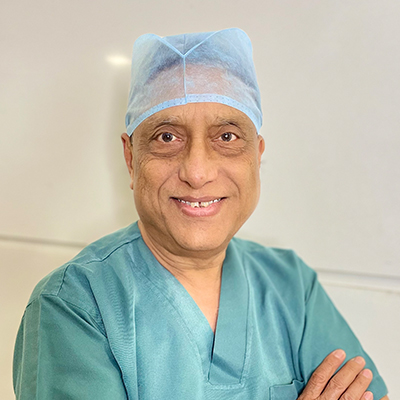When to seek Contoura Vision at Goyal Eye?
Age Group Recommendations for Contoura Vision
Here are the general recommendations for vision correction through Contoura Vision for different
age groups, assuming the patient is otherwise healthy.
Children and Adolescents Under 18 Years
Up until the age of at least 18, the eyes keep growing. Therefore, specialists advise against
having vision correction surgery until this age because the benefits will only last a short time
and the patient will be forced to wear glasses as soon as their eye prescription changes as a
result of normal growth.
18 to 40 years of early adulthood
The majority of specialists prefer to perform the Contoura Vision procedure as soon as the
prescription for glasses has been stable for a year because it is thought to be the best age for
laser vision correction. It is because it offers nearly twenty years or more of complete
independence from eyewear.
Middle Age – 40 to 60 Years
Presbyopia develops after the age of 40 and cannot be treated with standard laser vision
techniques. However, your doctor will go over the potential for monovision with you. It offers a
realistic and easy solution for this age group to be free of both distant and close vision
glasses.
60 Years and Up: Golden Old Age
There is no set upper age limit; instead, it depends on each person's eye health and visual
requirements. Patients who do not have a cataract or any other organic causes for their vision
loss and who have no medical contraindications to vision correction can do so without risk.
Additionally, the patient needs to be aware that cataract growth is unavoidable and cannot be
stopped by laser vision. Additionally, laser vision correction surgery may be performed to
improve vision without glasses in the tiny fraction of patients who did not have the expected
vision correction following cataract surgery.
Special Considerations in Senior Citizens (People Over 60 Years)
Pre-existing Diseases
The majority of eye conditions are age-related. Age-related macular degeneration (AMD),
cataract, glaucoma, and dry eyes are all more common in the elderly population, so senior
persons pursuing LASIK must be carefully assessed. The elderly are also more likely than the
young to have abnormalities of the cornea's basement membrane, which can lead to corneal
abrasions and sluggish LASIK recovery. Therefore, the appropriateness of the person for LASIK
will be determined by a thorough eye evaluation.
Amiodarone is one drug that should not be used by elderly people before having LASIK. Amiodarone
is an antiarrhythmic medication that controls heartbeat. Light sensitivity, inadequate corneal
healing, blurry vision, glare, and coloured halos around lights have all been associated with
its use.
Issues with Near Vision
Most people over the age of 45 will need to wear reading glasses. Whether they grew up needing
glasses for distance vision or not makes no difference; this is still the case. Contoura vision
cannot reverse this age-related decline in near vision caused by the natural lens's lack of
flexibility.
In fact, eye physicians frequently bring up the possibility of mono-vision to lessen reliance on
close vision glasses. This provides clear distant vision under normal viewing situations since
the dominant eye's distance vision is totally corrected (we rarely close one eye and look in the
distance).
The other eye is not properly corrected for distance, so it has better vision for close-up tasks
like reading small print and seeing the time on a watch or phone.
Since they do not require glasses for either distance or reading under normal, binocular
settings, seniors typically adjust to mono-vision very well.
